Junk emails fall to their lowest rate in 12 years
Spam is dropping, says Symantec, but other malware threats are on the rise
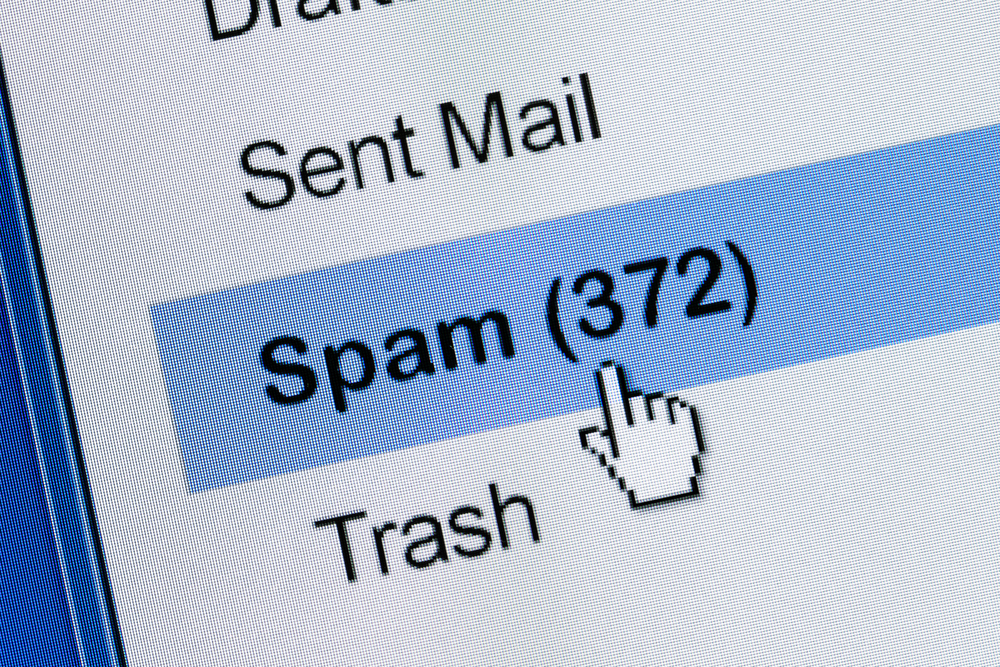
Fewer spam emails are clogging up inboxes than ever in the last 12 years, according to Symantec, which warned other forms of malware are on the rise.
The overall rate of junk messages fell to 49.7 per cent in June - the first time the total has dipped below the halfway mark since 2003, the security company said in its Symantec Intelligence Report.
The figure is the latest in a downward trend, with 52.1 per cent of emails being spam in April, falling to 51.5 per cent in May.
However, on 18 July some 61 per cent of 17 billion emails constituted junk, the research revealed.
Symantec pointed to a police crackdown on botnet networks, as well as European ISPs sharing information on identified botnet networks in an effort to block them, as the main reasons behind the drop.
Phishing emails also fell, from one in 1,865 emails in May to one in 2,448 in June.
Other forms of malware are on the rise, however, as cyber criminals seek alternative ways to target internet users.
Get the ITPro daily newsletter
Sign up today and you will receive a free copy of our Future Focus 2025 report - the leading guidance on AI, cybersecurity and other IT challenges as per 700+ senior executives
A total of 57.6 million new malware variants were created in June, up from 44.5 million in May and 29.2 million in April.
"This increase in activity lends more evidence to the idea that, with the continued drops in email-based malicious activity, attackers are simply moving to other areas of the threat landscape," wrote Symantec.
These areas include ransomware, which crept from a 12-month low in April to reach 477,000 attacks in June.
Crypto-ransomware, where hackers encrypt victims' data until a fee is paid, was also up in June to reach its highest level in six months.
-
 Asus ZenScreen Fold OLED MQ17QH review
Asus ZenScreen Fold OLED MQ17QH reviewReviews A stunning foldable 17.3in OLED display – but it's too expensive to be anything more than a thrilling tech demo
By Sasha Muller
-
 How the UK MoJ achieved secure networks for prisons and offices with Palo Alto Networks
How the UK MoJ achieved secure networks for prisons and offices with Palo Alto NetworksCase study Adopting zero trust is a necessity when your own users are trying to launch cyber attacks
By Rory Bathgate
-
 Power stations under attack from long-running hacking campaign
Power stations under attack from long-running hacking campaignNews Dragonfly threat group is ramping up activities, say researchers
By Adam Shepherd
-
 Symantec profits surge as firms prop up their cyber defences
Symantec profits surge as firms prop up their cyber defencesNews The company also announced plans to sell its web certificate business
By Dale Walker
-
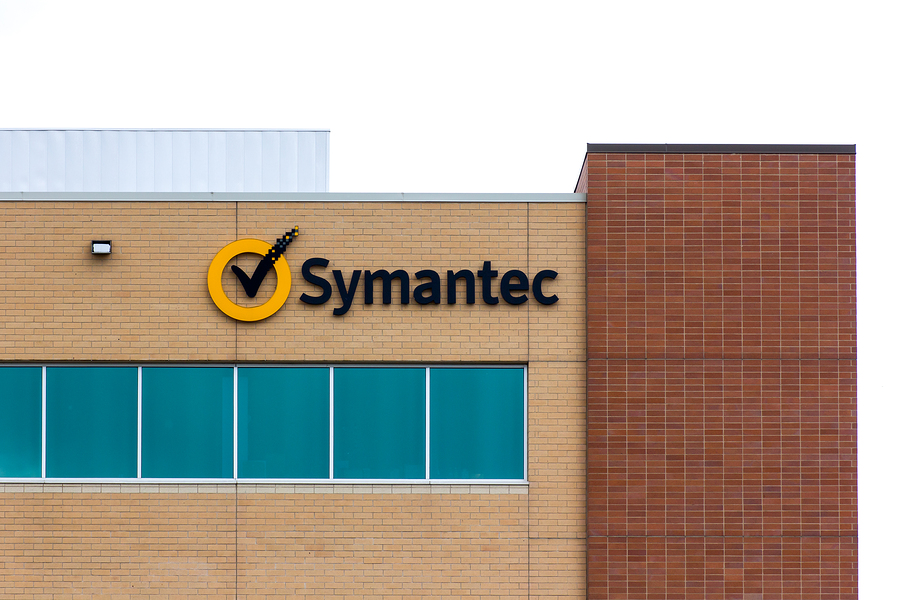 Symantec to pay $4.65 billion to acquire Blue Coat
Symantec to pay $4.65 billion to acquire Blue CoatNews Greg Clark to become Symantec CEO, promising new cloud security
By Aaron Lee
-
 Symantec ditches reseller guilty of scamming PC users
Symantec ditches reseller guilty of scamming PC usersNews Silurian told people they had malware, then sold them Norton Antivirus for $249
By Joe Curtis
-
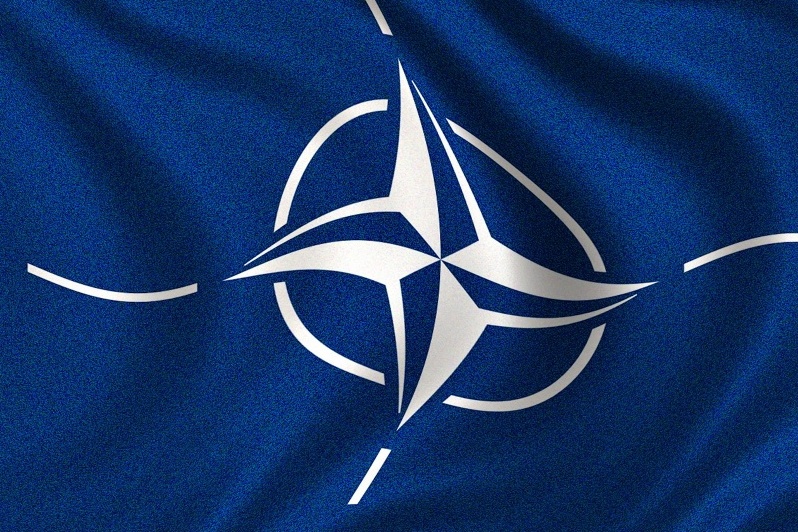 NATO builds up cyber alliance with Symantec tie-in
NATO builds up cyber alliance with Symantec tie-inNews Military industrial link up to fight cyber attacks
By Rene Millman
-
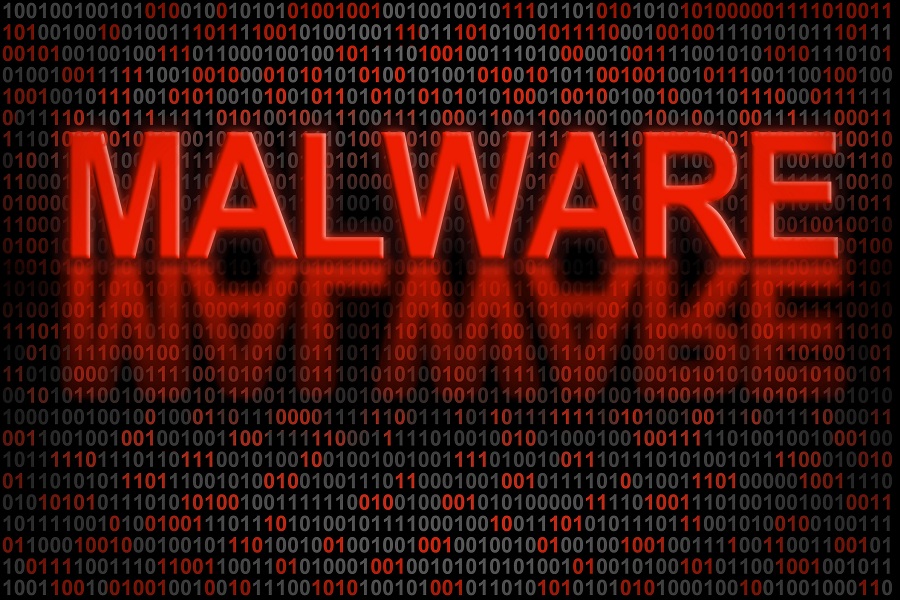 Kaspersky: "We have never been asked to whitelist malware"
Kaspersky: "We have never been asked to whitelist malware"News A company blog has revealed neither government nor any other entity has asked it to stop detecting malware
By Clare Hopping
-
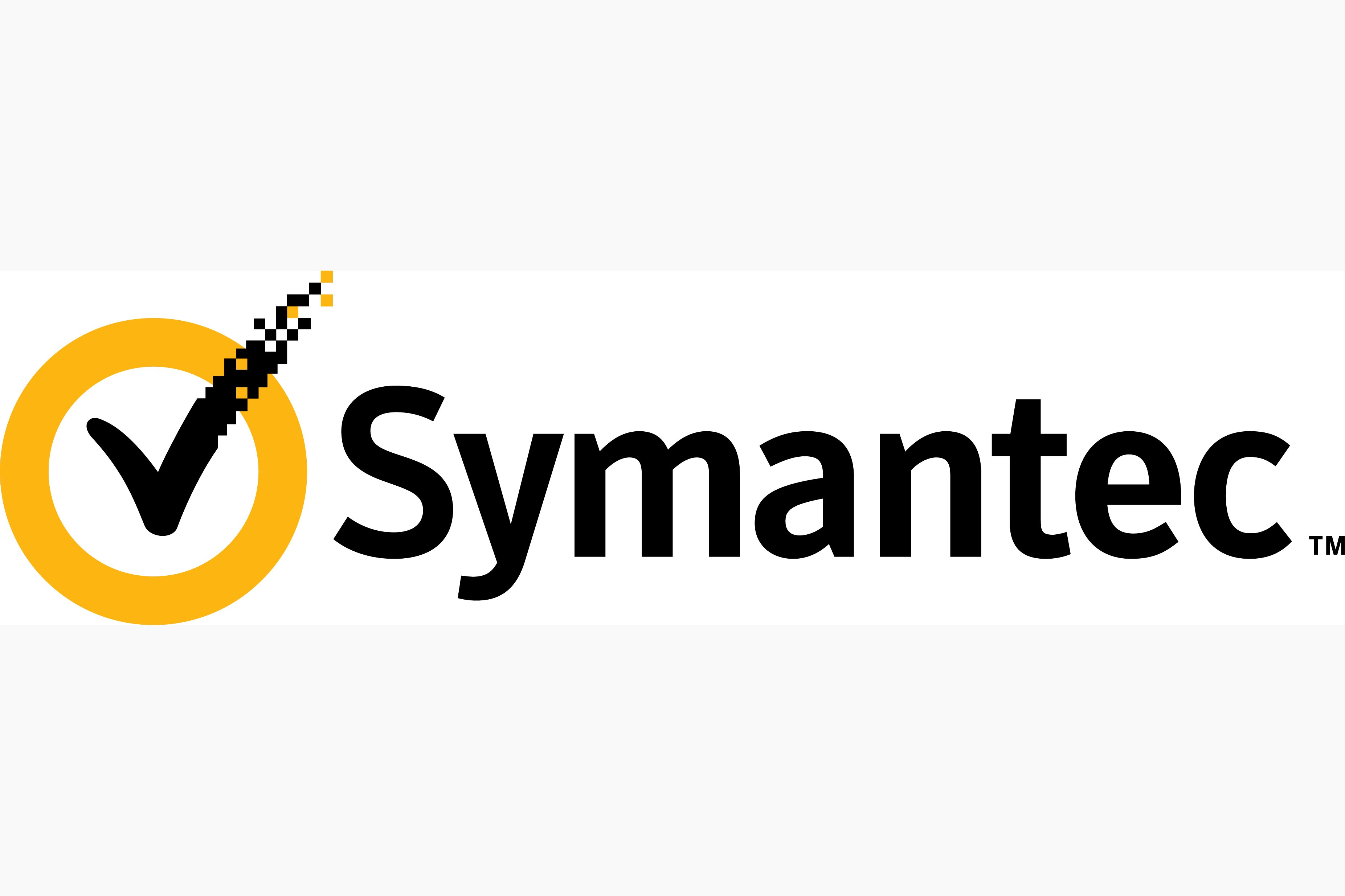 Symantec confirms split into separate security & storage entities
Symantec confirms split into separate security & storage entitiesNews Storage and security will be separated as Symantec tries to boost sales in both
By Adam Lee
-
 Symantec: “Anti-virus software is no moneymaker"
Symantec: “Anti-virus software is no moneymaker"News Norton designers claim anti-virus is ineffective in the modern security climate
By Alex Hamilton